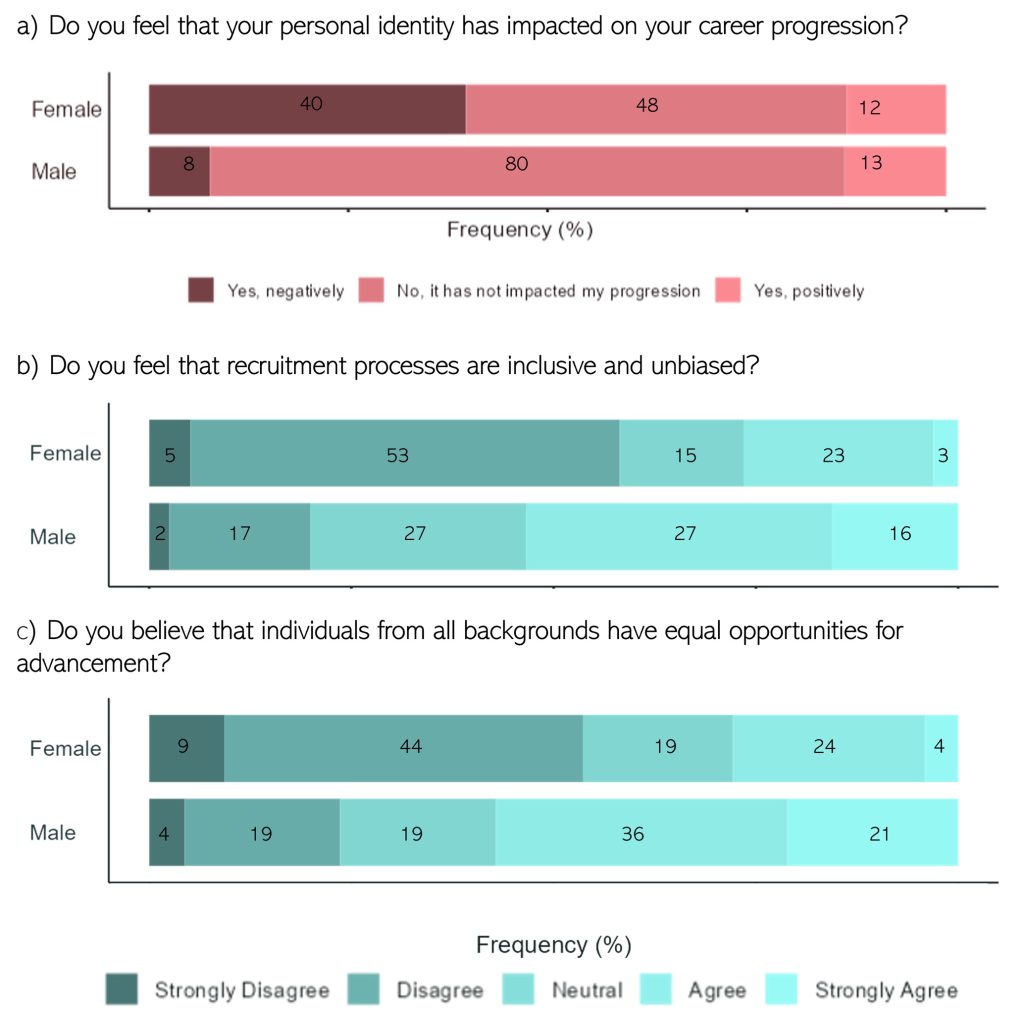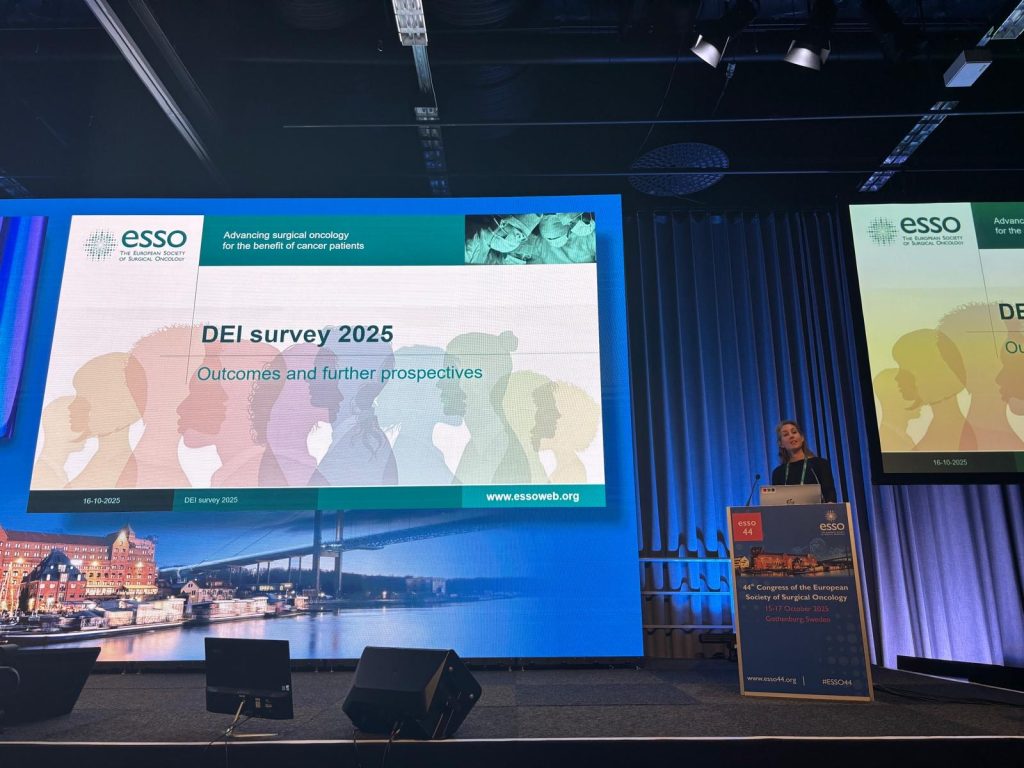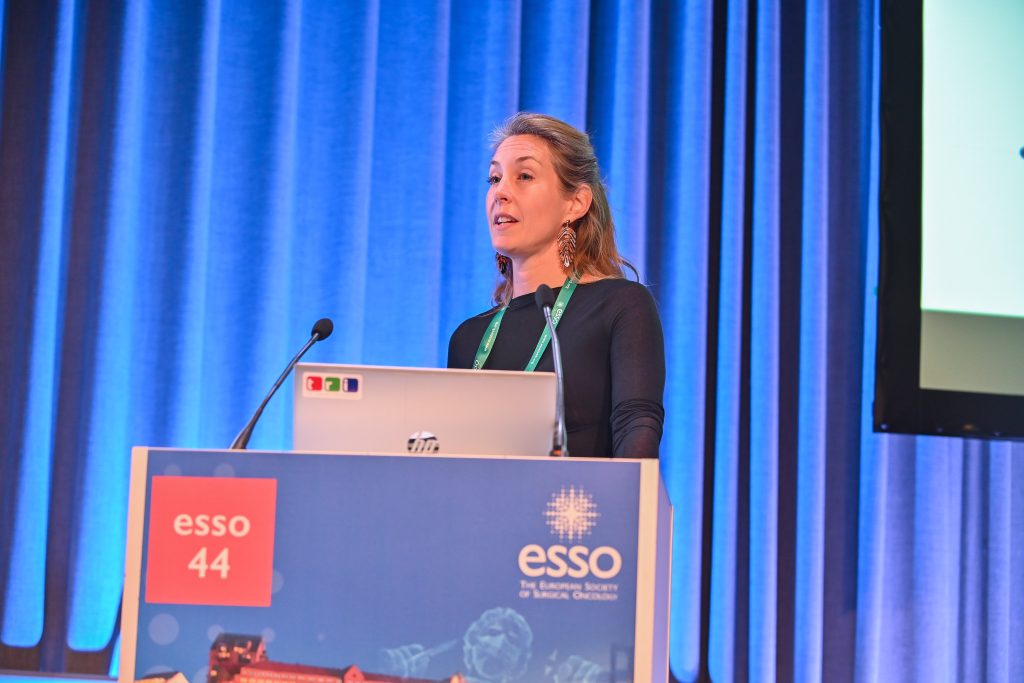Women were far more likely than men to report unequal treatment in hiring, career advancement, and day-to-day workplace culture. Many also noted that aspects of their personal identity had negatively affected their career progression.

These insights highlight the need for professional organisations to take the lead in creating fair and supportive work environments. Key priorities include increasing the visibility of women in leadership and teaching roles, as well as introducing more family-friendly and flexible working policies. Such steps are essential to improving job satisfaction, retention, and leadership opportunities for women in surgery.
In response, ESSO plans to develop a mentorship programme to help strengthen professional networks and support equitable career growth. The organisation also emphasises the importance of international collaboration to ensure that diversity, equity, and inclusion become a core part of the global culture of surgical oncology.

